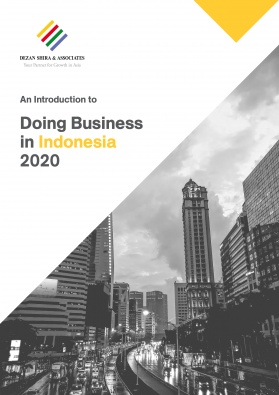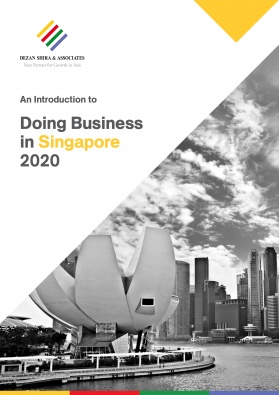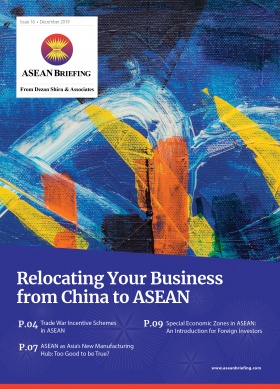How to Take Advantage of New Incentives in Thailand’s Medical Industry
- Thailand’s Board of Investment (BOI) have issued incentives for manufacturers of medical equipment in the country.
- This includes corporate income tax reductions and the exemption of import duties for qualified investments.
- The government has earmarked the healthcare industry as a priority sector for investment as it aims for the country to become a medical hub in the region.
In late April 2020, Thailand’s Board of Investment (BOI) issued new incentives for the manufacturing of medical equipment, and to encourage more investments into the sector.
The latest incentives include a reduction in corporate income tax (CIT) for qualified investments in the medical sector, measures such as the exemption of import duties for businesses that support existing production lines, and new privileges for the production of raw materials used in the manufacturing of medical products.
Thailand’s healthcare industry is a priority sector for investment as part of the government’s Thailand 4.0 policy. According to Thailand’s Food and Drug Administration, the country’s medical devices industry was valued at US$6 billion in 2019 and over 80 percent of local production is exported.
The government wants to position the country as a medical hub in the region, in particular for medical tourism and exports of medical devices.Thailand introduced universal health coverage in 2001, one of only a few lower-middle-income countries to do so, and in 2019, US magazine CEOWORLD stated that Thailand had the sixth-best healthcare system in the world, beating Spain (7th), France (8th), Belgium (9th), and Australia (10th).
How manufacturers can qualify for the new incentives
Through the expanded measures, the government wants businesses to modify and increase their production capacities to meet the local and international demand for critical medical equipment.
Eligible businesses can receive a 50 percent reduction in CIT for three years for certain investments in Thailand’s medical sector. These include the production of medical devices or parts such as PPEs, diagnostic testing kits, active pharmaceutical ingredients, the use of non-woven fabrics for masks, and biotechnological production for vaccines, among others.
The government is placing a greater focus on businesses that can contribute to a more complete value chain in the sector.
As such, businesses that produce raw materials used in the manufacture of medical products are eligible for CIT exemptions.
For example, producers of raw materials used in the production of masks or medical devices will be granted a CIT exemption of an additional five years, whereas manufacturers of pharmaceutical-grade alcohol (from agricultural products or garbage) are entitled to an eight-year CIT exemption.
What are the advantages for BOI approved companies?
Businesses that are looking to switch their production lines to manufacture medical devices will be granted exemptions on import duties for machinery, providing that applications are submitted to the BOI by September 2020 and that the equipment is imported during 2020.
A BOI promoted company can also request to add the activity of manufacturing medical devices to an existing project in the medical sector. A company certified by the BOI can enjoy significant tax waivers and issuance of foreign work permits without the need to show four Thai employees per permit, among other benefits.
About Us
ASEAN Briefing is produced by Dezan Shira & Associates. The firm assists foreign investors throughout Asia and maintains offices throughout ASEAN, including in Singapore, Hanoi, Ho Chi Minh City and Jakarta. Please contact us at asia@dezshira.com or visit our website at www.dezshira.com.
- Previous Article Indonesia Issues Tax Incentives for COVID-19 Support
- Next Article Cambodia Eases Financing for Businesses Impacted by COVID-19







